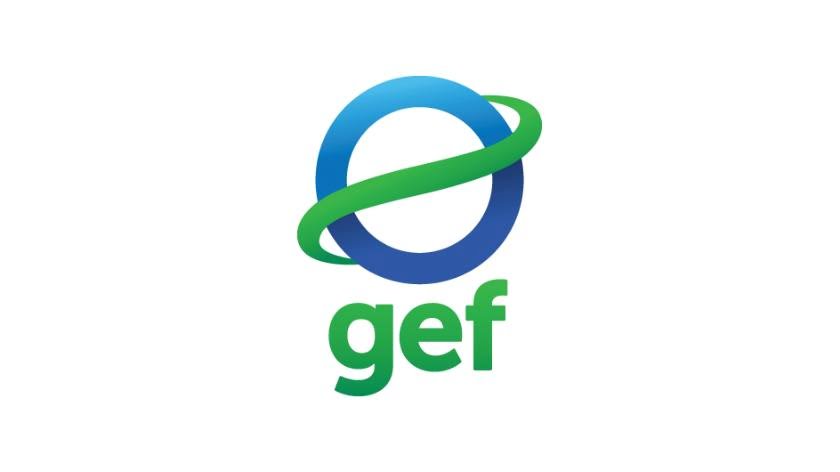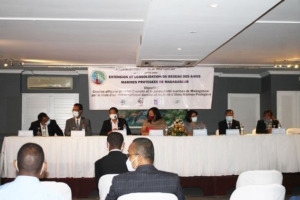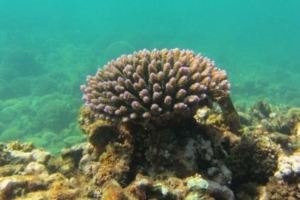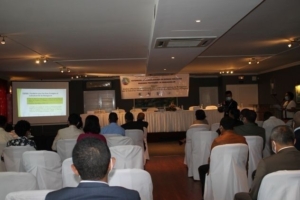WWF, as a GEF agency, has mandated FAPBM to manage a USD 6,209,404 program for marine protected areas extension and consolidation (2020-2024).
Madagascar, the fourth largest island in the world, is home to a vast area of marine ecosystems. Madagascar’s marine biodiversity supports 10 million people, including over 250,000 artisanal traditional fishermen who live close to the coast and depend on marine and coastal ecosystems for food, income and livelihoods. The combination of exceptional biological riches and increased pressures on marine and coastal ecosystems has raised awareness among national, regional and global authorities. Fisheries harvested more than 107,300 tons in 2008, against 1,300 tons in 1950. Madagascar is thus often cited as a global conservation priority (Cinner & Fuentes 2008 ; Rogers et al. 2010).
At the 2014 World Parks Congress in Sydney, Madagascar announced its goal to triple the number of MPAs within 5-10 years. The Government also wished to fill the policy vacuum that has prevented local communities from obtaining management rights for traditional fisheries. This promise implies a commitment to establish a legal and regulatory framework for the marine and coastal resources management, one of the aims of which is to create a way to formalize both the LMMAs (Locally managed marine protected areas) and OECMs (Other Effective Area based Conservation Measures) status.
In 2016, the GEF (Global Environment Facility) endorsed a program for the sustainable management of Madagascar’s marine resources. This program contributes first to build an effective network of marine protected areas for the conservation of the country’s unique marine biodiversity. As well, it would improve the management of fishing stocks to guarantee food security and sustainable economic development. At the end, it would significantly improve Madagascar’s marine biodiversity and productivity management.
This program includes two projects: (1) the Governance of Fisheries and Shared Growth in the South West Indian Ocean, or SWIOFish2, funded by the World Bank and (2) the Extension and Consolidation of the Network of Marine Protected Areas of Madagascar, or GEF6-AMP, financed by GEF. The two projects are highly complementary as MPAs provide healthy ecosystems and act as fishing reserves to maintain fishing productivity. In addition, improved fisheries management provides opportunities to achieve fisheries-specific objectives, such as export revenues and local income increase for commercial fishing.
- Fund managed : USD 6,209,404
- Term : 2019-2024








